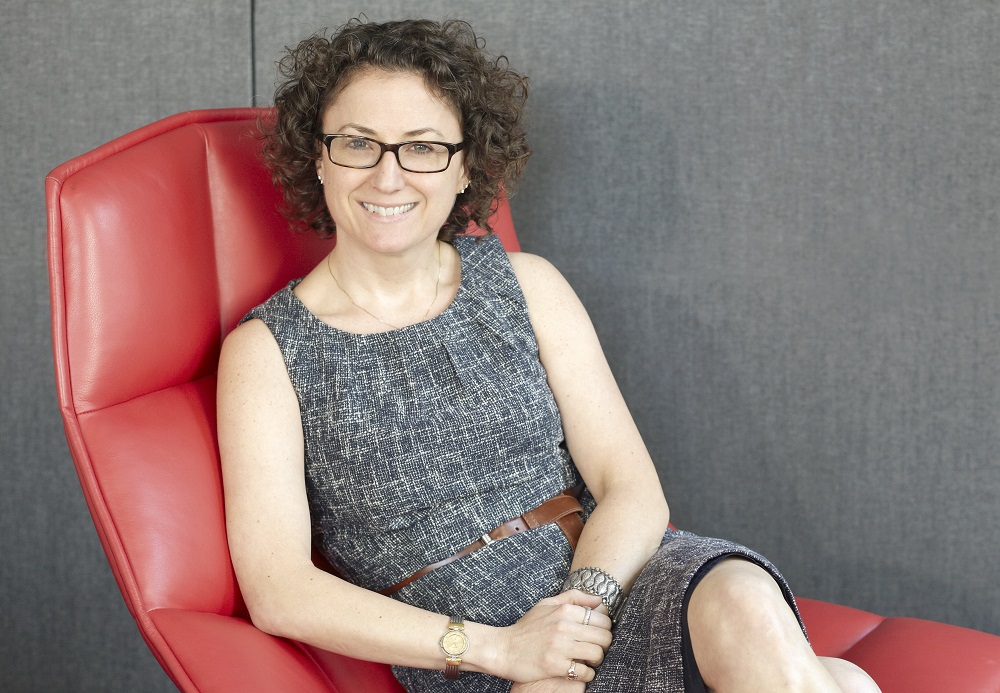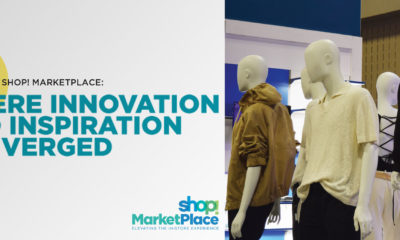I remember when I first read about the now complete CVS acquisition of Aetna, one of the county’s largest health insurance companies. At first I felt rather incredulous, thinking “why on earth would a convenience retailer purchase a health insurance company”? All I could surmise was that maybe – just maybe – Amazon was not the de-facto candidate after all to become SkyNet from “The Terminator” movie. It would seem there was a new, unexpected option to consider.
Being a closet socialist, and a pessimist most days, this news struck fear in my heart almost instantaneously. Aetna is my health insurance company, so of course the fear was all the more intense because this will personally affect me, my family and my money – and not necessarily in that order. Higher prescription prices being the most obvious concern, other nasty thoughts crept into my psyche: potential impacts to provider care/treatment restrictions, co-pay increases, higher deductibles, less choice.
According to a researcher at the Brookings Institute, three-quarters of U.S. industries have become more consolidated over the last 20 years. But if no one saw Amazon’s acquisition of Whole Foods as creating a monopoly, I can’t imagine what would qualify. From an anti-trust standpoint, the American Medical Association (AMA) came out last August to state that the proposed merger was “anti-competitive.” (Did I mention I’m a cynic, too?) Everyone knows the AMA and “big insurance” have been at odds from the get go. So if the medical profession seemed against the merger, maybe it was good for the public, after all.
Before setting thoughts to paper, however, I did a little research to see what I could uncover about CVS’ intentions. What I found surprisingly gave me hope. I watched online news video clips from PBS and CNBC featuring CVS’ CEO, Larry Merlo, wherein he described CVS’ goal to help Americans “achieve the best health at the lowest cost.” So simple, and so necessary. Capitalism with socialist intentions? I was intrigued. Could retail remedy societal ills created by polarization that’s been broadened by capitalism run amuck?
As a retail strategist and designer, I’ve been discussing with my clients the importance of authenticity, brand value proposition and the tenets of their corporate culture. As I dove deeper into the CVS story, I discovered a nugget of gold in the dark mine. In 2014, CVS chose to remove cigarettes and tobacco products from its shelves. In a conscious decision to put a stake in the ground, it turned its back on millions of dollars in sales and firmly planted its flag in the realm of healthcare with a heart – literally. Understanding the impact of smoking on the health of its customers, and its employees, it not only removed tobacco products for sale in their stores, but banned smoking from their headquarters campus. Around the same time, CVS rebranded itself as CVS Health, with a heart (that looks vaguely like it’s made out of Band-Aids) as its logo – a culminating move reflective of the company’s growth path to date, inclusive of the 2006 acquisition of Minute Clinic and the 2007 acquisition of Caremark (a pharmacy benefit management company).
I was fascinated as the data around this unfolded:
Advertisement
-
70 percent of the U.S. Population lives within three miles of a CVS store
-
Pharmacy represented over 76 percent of CVS’ business before it reached 1000 stores
-
Prescriptions only represent 10 percent of all U.S. medical costs
-
$300 Billion USD of health care costs are related to patients not taking their prescriptions
So who benefits – consumers or shareholders? If done right, hopefully both equally. In another interview, CVS’ CEO Merlo brought up the idea of the merger creating greater access to critical health information from trained medical personnel. Rather than having to call your insurance company and speak to a call center operator, you can speak to either the pharmacist or clinic staff directly to gain information about their individual healthcare plans. Understanding that many chronic diseases could be prevented through monitoring and maintenance, CVS Health proposes that they will create better health outcomes while making the individual responsible for managing their own health.
An interesting point Merlo made was regarding the balance between patient and consumer of healthcare. As we look at the buying behaviors of millennials and Gen Z, healthy living and proactive regimens are obviously prioritized. They also vote with their dollars. So if this model truly works as posited, then shareholders should be delighted with bountiful dividends. After all, the brand is authentically bringing value to the lives of its customers.
So, if this merger ultimately facilitates bringing better access to healthy living to the masses, I think a new paradigm is in the making. This kind of socially minded corporation takes great intentions, plus scale, to achieve such lofty goals. Perhaps Amazon could take note, look at its goals and outcomes from the merger with Whole Foods, and find a way to start addressing food deserts, also utilizing its scale and reach. Let someone else be SkyNet.
Kathleen Jordan, AIA, CID, LEED AP, is a principal in Gensler’s Charlotte, N.C., office, and a leader of its retail practice with over 24 years of experience across the United States and internationally. Jordan has led a broad range of retail design projects as both an outside consultant and as an in-house designer. She has led projects from merchandising and design development all the way through construction documentation and administration, and many of her projects have earned national and international design awards. Contact her at kathleen_jordan@gensler.com.


 Headlines2 weeks ago
Headlines2 weeks ago
 John Ryan2 weeks ago
John Ryan2 weeks ago
 Headlines1 week ago
Headlines1 week ago
 Retail Buzz4 days ago
Retail Buzz4 days ago
 Headlines1 week ago
Headlines1 week ago
 Headlines2 weeks ago
Headlines2 weeks ago
 Headlines2 weeks ago
Headlines2 weeks ago
 Headlines2 weeks ago
Headlines2 weeks ago















